
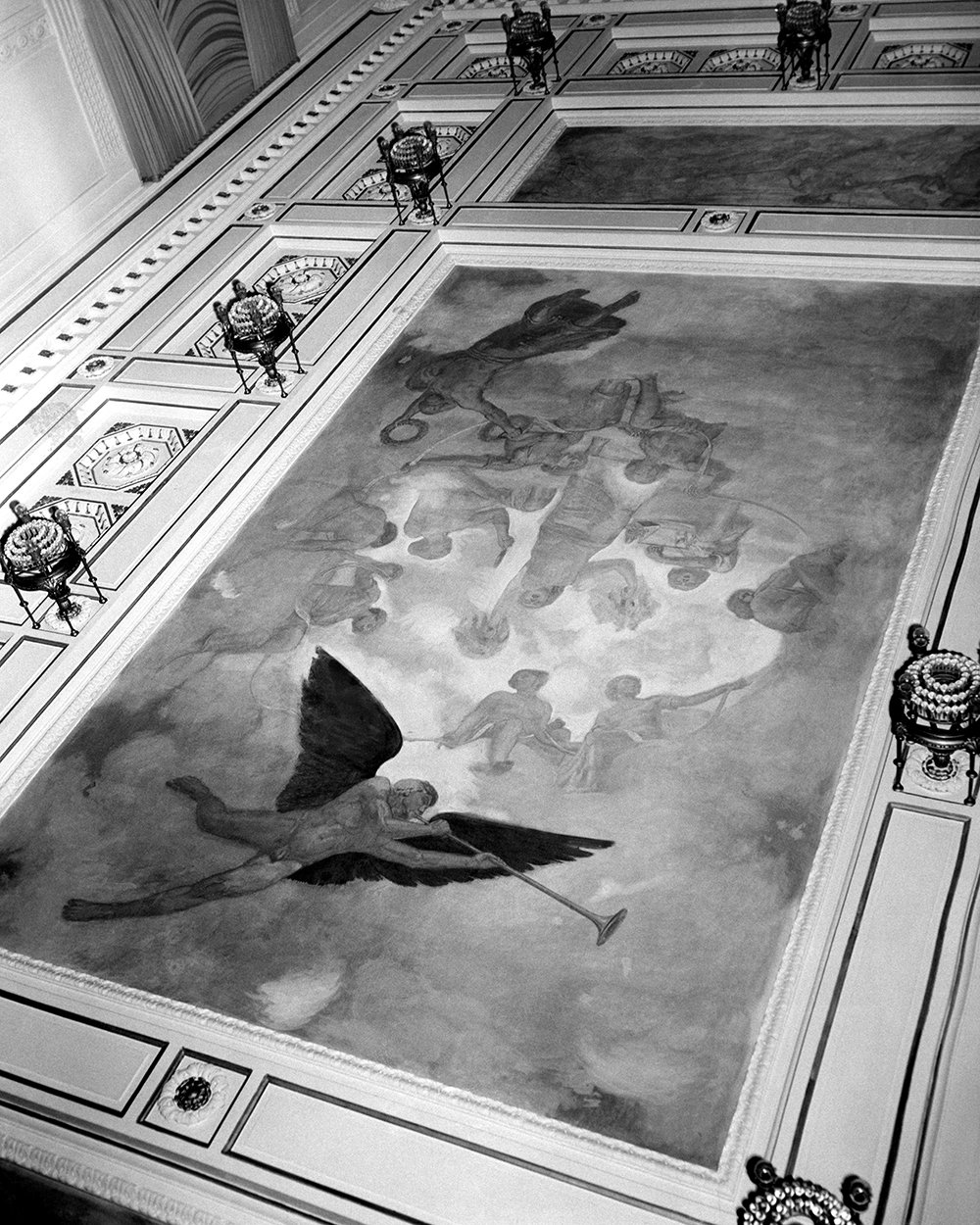




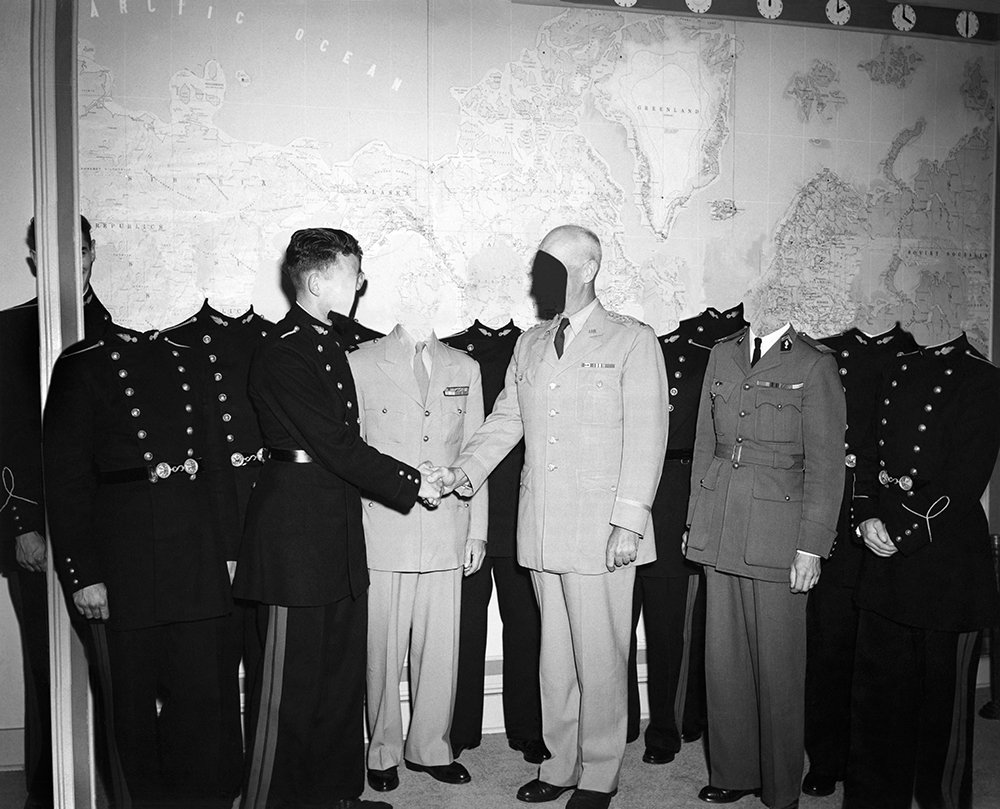




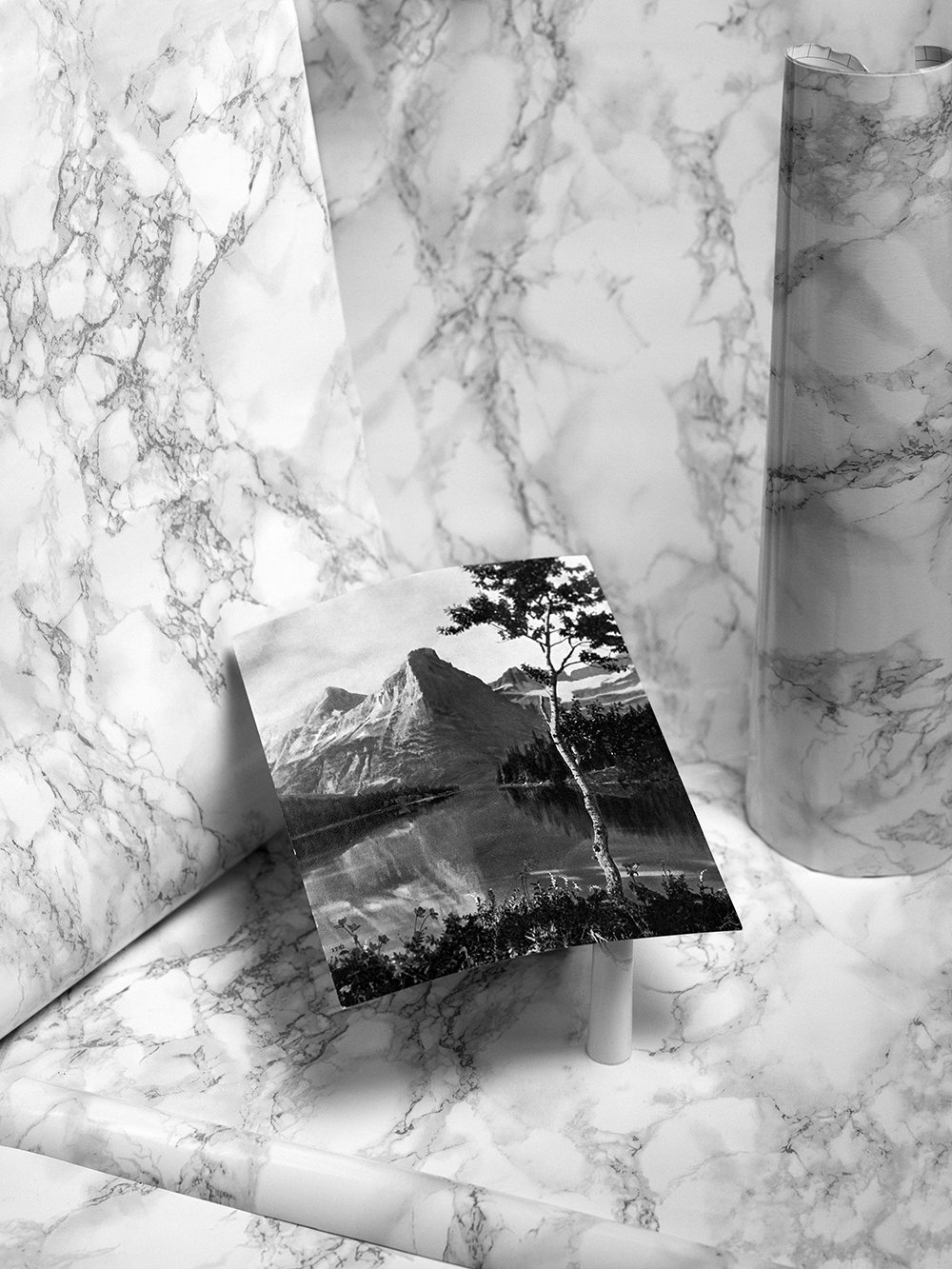

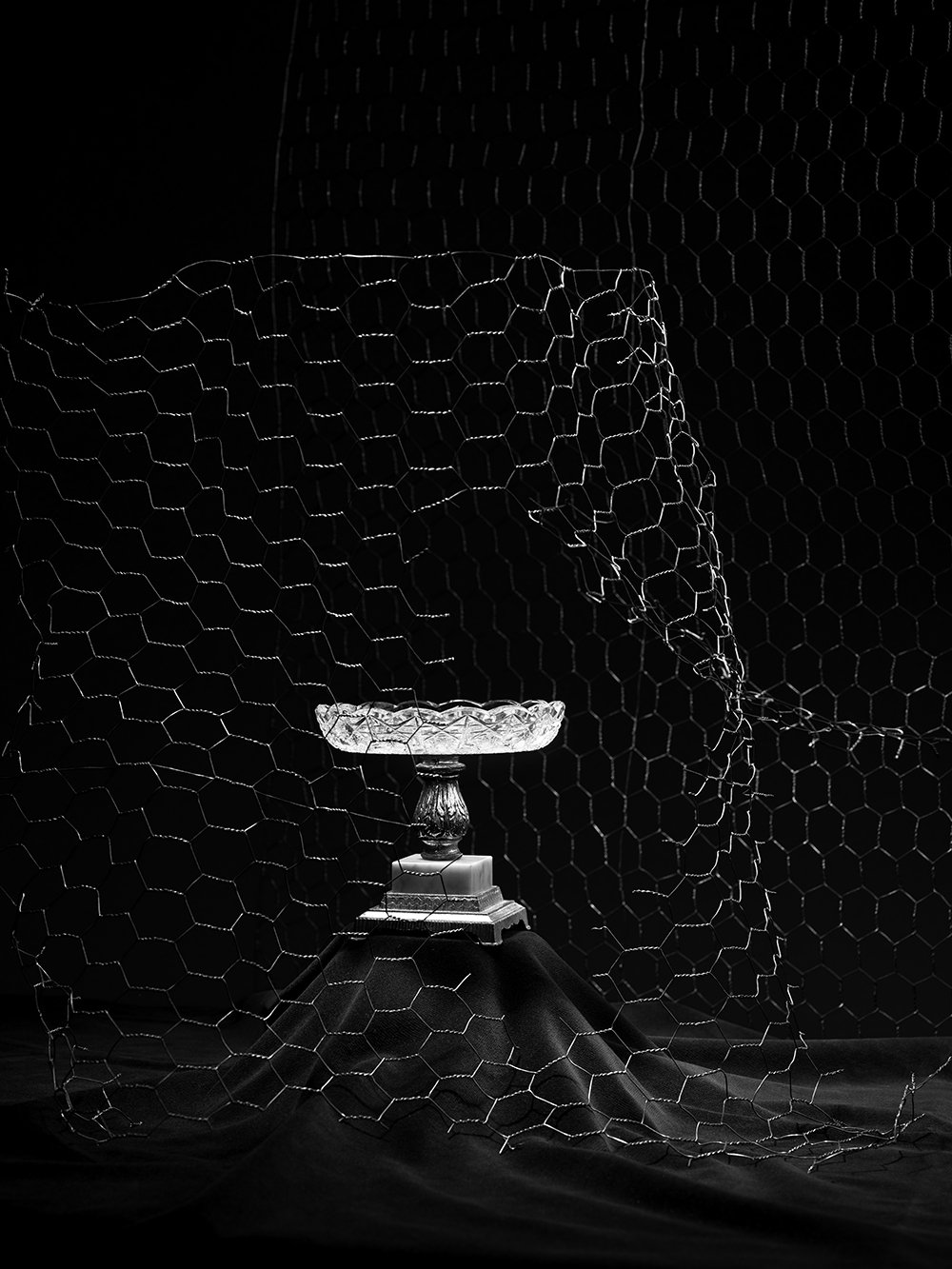








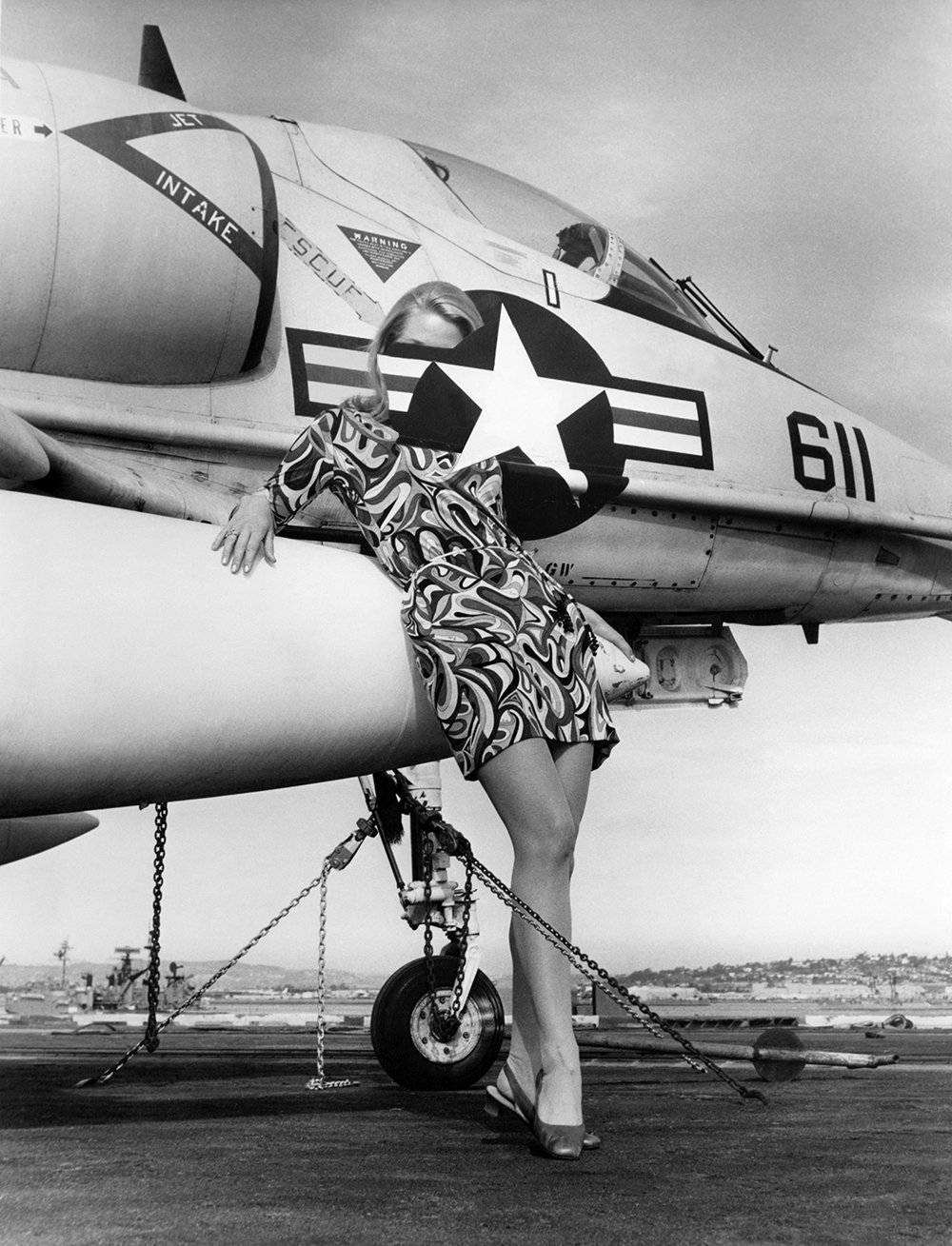


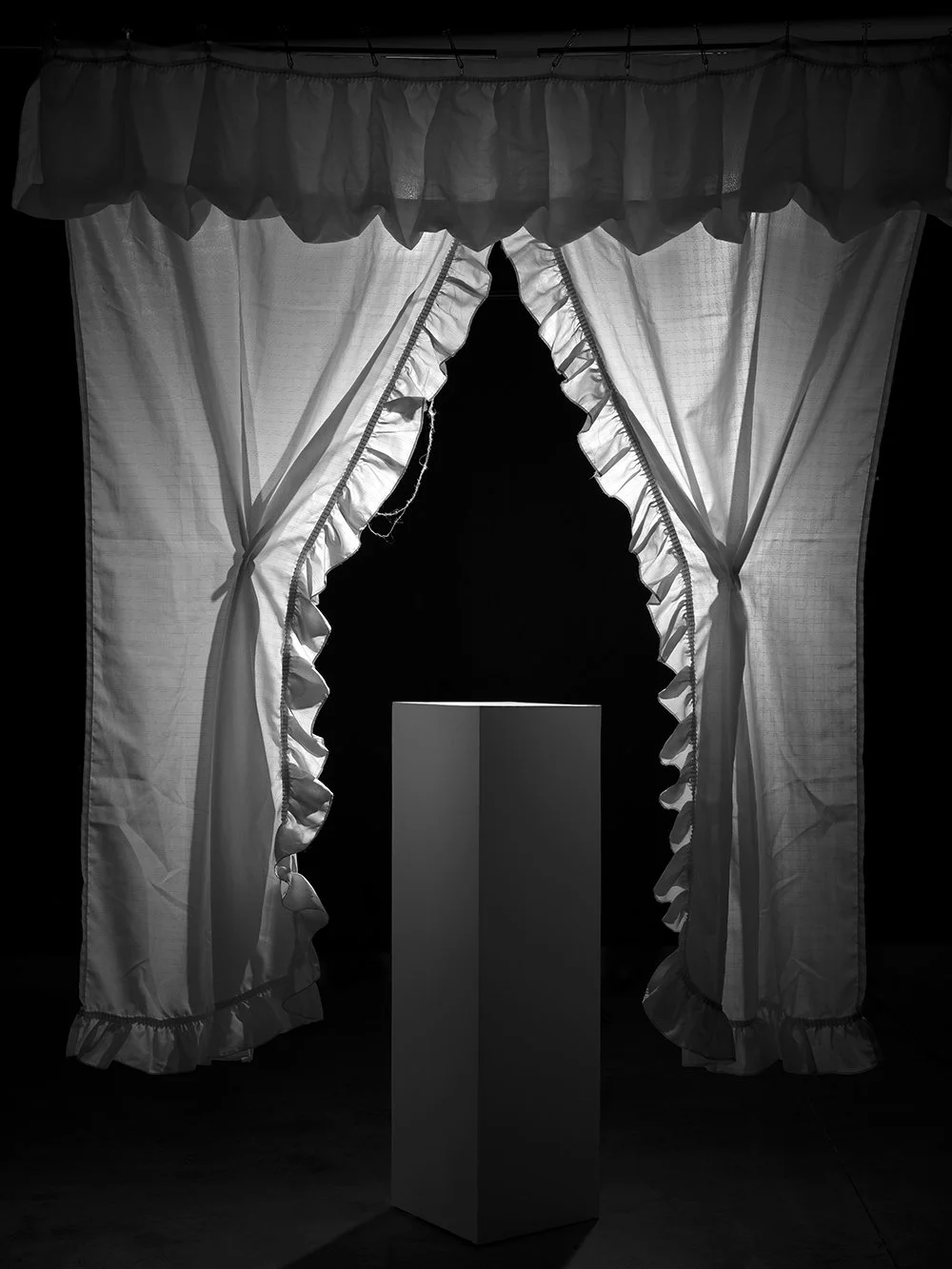







Zero Hour (2021-2024)
In Zero Hour, Birthe Piontek looks into Germany's past to understand a war-ridden and divided present tense, tracing the country's post-WWII history, societal structures and values by looking at photography's role in reconstructing a nation emptied of symbolism and role models after 1945. Combining images from Piontek’s family archive, press images, and constructed still lifes with political transcripts and documents, Piontek seeks to understand how Germany, once the "poster child of peace and democracy”, finds itself entangled in current wars and seduced by a rising national populism.
Zero Hour visualizes the tangled web of multinational interests and policies related to Germany's postwar rise to power, influenced predominantly by the United States. Some of the book’s archival images serve as source material for digital collages and alterations; others are left untouched. Some texts are historical, while others are taken from current political party platforms. Promises, facts, and fiction are blended, asking the viewer to re-evaluate our relationship to seemingly well-known narratives, history, and collective and individual memory.
Zero Hour lays bare the inherent biases in these photographs, the invisible layers of inequality and dominant social structures central to western ideals. The images show that social norms like patriarchy, whiteness, and heteronormativity, were reinforced by photography, suggesting that Germany's democracy and the social-political fabric of the nation were deeply flawed from its inception.
Zero Hour reminds us that history always resides in the present, and democracy can never be taken for granted.